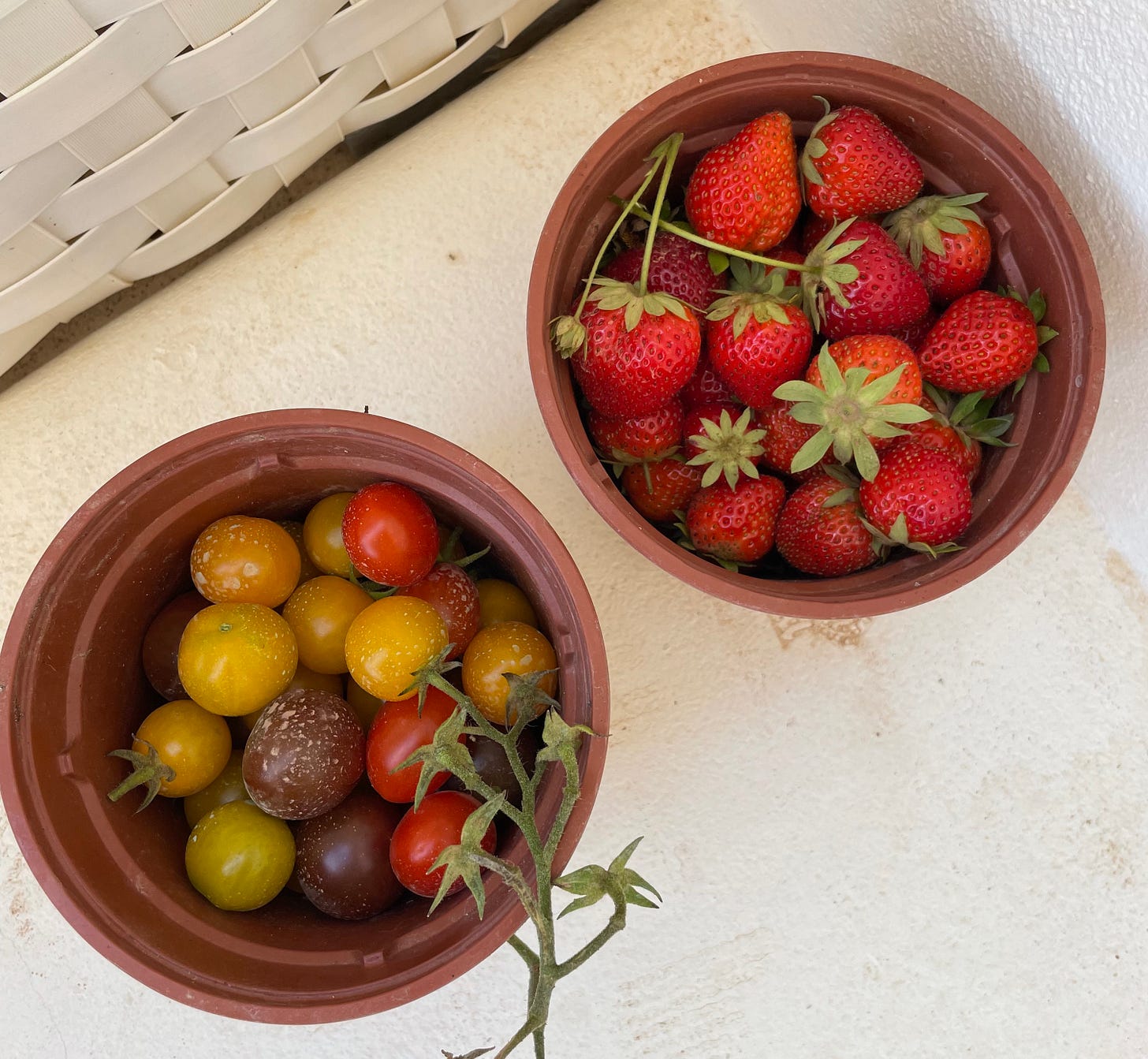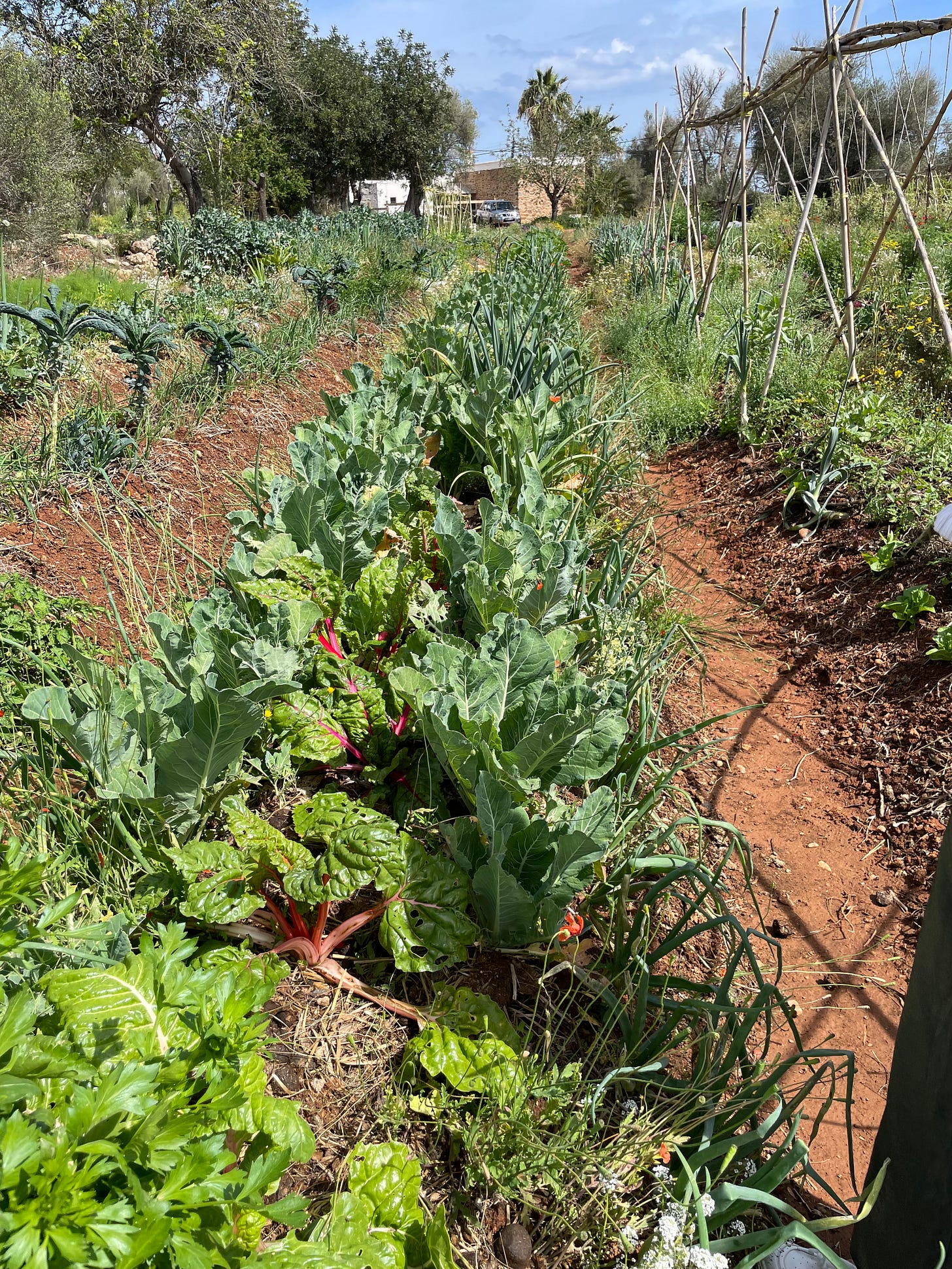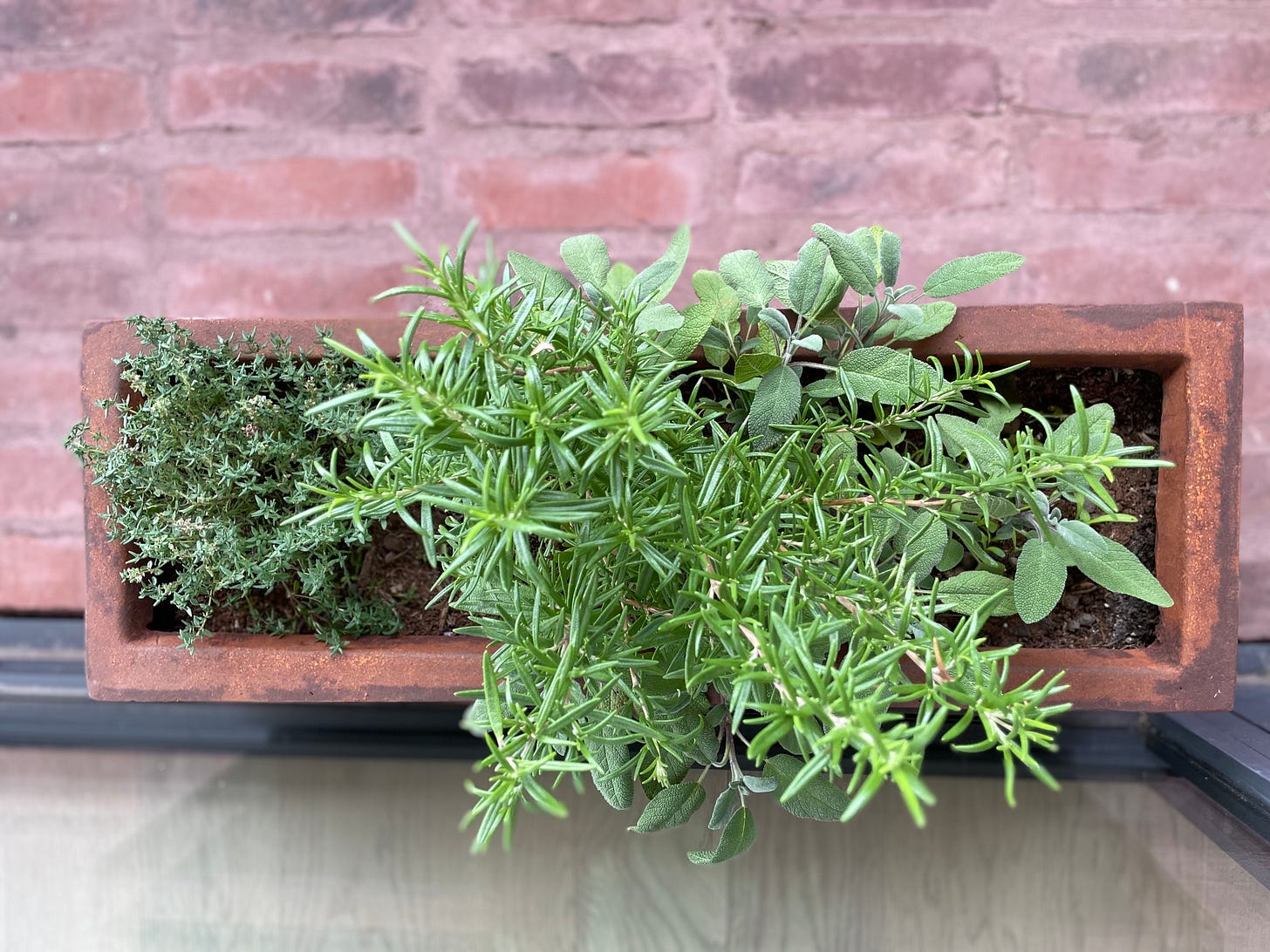Veganism? Actually eating local might be better for the planet and your health
Localisation expert Helena Norberg-Hodge tells The Gut Makeover how eating food produced closer to home is the real key to our survival

For some while, I have been going around supermarkets and health food stores feeling annoyed as I read the labels on foods marketed as “plant-based” (aka vegan).
The fake burgers full of genetically-modified soy, the methylcellulose sausages, the emulsifier-pumped mac and “cheese”.
The nut and soy milks with their long sell-by dates, added stabilisers, and prices up to three times the cost of organic animal milk.
What is going on?
Go vegan in the name of saving the planet, and trash your health and your microbiome with ultra-processed food overload?
I have been finding it difficult to understand.
Why is the narrative these days so focussed on plant-based to supposedly save the world?
And then I went to a talk by localisation activist Helena-Norberg Hodge last month on an organic farm in Ibiza (Can Cristofol). Suddenly the emphasis on fake plant-based foods started to make some sense. Bear with me.
Helena, originally from Sweden, now almost 80, is a linguist, writer and film maker. In 1975 she went to Ladakh (Little Tibet) with a film crew before it opened up to the outside world and ended up living there. She witnessed the devastatioin of the community through globalisation which sent her on the path of localisation advocate.
So I was interested to hear her views.
And sitting on a log as the sun set I heard her say this:
“You can eat a bit less meat, and fly a little less, but one of the biggest impacts you can have on saving the planet is eating local.”
So rather than focussing on veganism to save the planet - which gets a lot of the press - Helena encourages focussing on sourcing whatever you are eating locally as much as possible.
Interesting.
The reason being - we are damaging the planet and our own health and communities - with all these food miles.
The damage of transporting food around the world
🛳️ 1 million tons of CO2 produced by commercial ships daily.
✈️ 30 million tons or CO2 produced daily by air freight.
After the talk I contacted Helena to interview her.
She ran me through the arguments and outlined why the veganism-to-save-the-planet message is so convenient for global firms and their long-term profitability.
Firstly, look at the big picture.
Our food system has come to enrich a handful of global companies.
Our governments help the global trade around the world by sinking billions of pounds/euros/dollars into building the infrastructure - ports, airports, roads - to transport food around the world.
“So there have been all these hidden subsidies to support global trade. And tragically governments have ended up separating us further and further from the source of our food and helping to make food from the other side of the world cheaper than local food,” she told me.

Food is literally spinning around the world producing CO2, often pointlessly.
For example
Pears grown in Argentina are sent to Thailand to be packed and sent to the US to be sold.
Alaskan fish is sent to Asia to be packaged, then sent to the US to be sold.
270 million litres of milk a year is imported, and 170 million litres exported by the UK.
The other problem is subsidised monoculture farms - that produce just one item eg corn, or wheat, or the ubiquitous soy (at the core of so many long-life vegan foods and drinks). These mega farms use fossil fuel-run machinery and fossil-fuel intensive fertilisers and minimum human labour.
“The propaganda is we can’t afford [small-scale] agriculture any more. We are too many people. Therefore we are going to have to eat fermented bacteria and synthesised meat. We are being herded into this idea that we are going to live off essentially global industry. Instead of living off the land,” she said.
Hence the message that eating meat is damaging to the planet is convenient?
“Once you step back and look at the bigger picture, then you'll see this massive impact of this global food economy as being the biggest cause of climate change, the biggest cause of toxic carcinogenic chemicals, the biggest cause of dead food without any life in it, without any of the microorganisms that we need,” Helena said.
She is calling for a return to local small-scale, diverse farming.
“We need small scale and diversified, usually with some animals in the picture, even if it's only ducks eating weeds and a rice paddy, or if it's just keeping a few goats, that will never compete with the food for humans. They're eating waste or they're grazing on land you can't cultivate.
On veganism:
“The tragedy is that the information we're getting, whether on the social media or the mainstream media, is pushed by big business with a vested interest in encouraging this craziness.
We now know that monoculture and intensive farming has destroyed much of the soil.
She claims that a diversified farm with some animals (for manure), grains, vegetables, fruits, trees, all of that makes the farm more productive per acre than large scale farms - and brings people together.
Sourcing food closer to home is also better for our food security and health, and often helps reduce unevironmental packaging.
“The way that you have a healthy microbiome is eating as much diversity as possible. And that ties in so neatly with the diversity of farming which we've lost,” she said.
“I want people to know that if they have a concern about climate change that linking up to local food initiatives is one of the most healing things they can do for themselves and for the planet.”

How to eat more local?
Entry level…
Try to buy your fruit and vegetables, eggs and meat from your own country.
Buy when possible from farmers’ markets.
Sign up for a weekly fruit and vegetable box from local small-scale farms.
Grow your own…(talking of which can any of you recommend a Substack or book on growing food on a balcony?)
Advanced level…
Research Community Supported Agriculture (CSAs) in your area. This is where you get together with others to make an annual payment to enjoy the produce of an adopted farm over the course of the year. This helps give the farmer financial security to do what they do. Helena mentioned one near Hamburg where members source all their food from it (except beer!).
Finally, I have focussed a lot in this article on the food angle, but if you look at Helena’s work at Local Futures and her films, and books, you will see that eating more locally is completely tied up with reconnecting wth nature and building community, which improves our quality of life and mental health too.
I’d love to know what you think? Where do you begin with eating more local? What initatives have you seen where you are? How has local food improved your social life/community and happiness?
Resources and sources of stats
Watch this 3-minute film Local Food Can Save the World
Helena’s book goes way beyond the food angle - Local is Our Future - Steps to an Economics of Happiness
You can attend an in-person workshop which includes Helena on Sunday 1 September 2024 in Devon, UK - Feminine Futures - Food Family and the Local Economy
RECOVERY OF A SORT
🙏🏼 I’d just like to say a big thank you to all of you who sent goodwill messages last week to me on my sick bed. It was Covid of the most cruel. Anyway I’m up and about - writing from home but very much not ready to sit in a public library, the coughing goes on and on. Smell back thank goodness - I had no idea when I burnt the toast till my daughter physcially pointed it out. Anyway, wherever you are, hope you have avoided this.
Jeannette ❤️
Want to show your appreciation of my work but not ready to be a paid subscriber of The Gut Makeover? Buy me a coffee is a way to show you value my writing and just to say I really appreciate your support. Jeannette x







This is such an important and thought-provoking article - an overdue counterbalance to the propaganda that vegan is the only way to eat healthily and ethically. It’s also important for those of us who are omnivores (and I do eat a mainly plant-based diet) to support local producers if we want the countryside to remain as it is otherwise people will just give up on farming
Great article Jeannette, and wise words from Helena. It's just so sickening how government, big business, etc., suck everyone in (and this beautiful planet) and then spit them out. Eating seasonally, locally, and with some meat, fish, dairy, etc., is the way to go, not with UPF that provides little sustenance but oodles of packaging and mono farming. I'm certainly not perfect, but bit by bit I'm making tweaks where I can, and being well-informed is half the battle. Thanks, Jeannette.